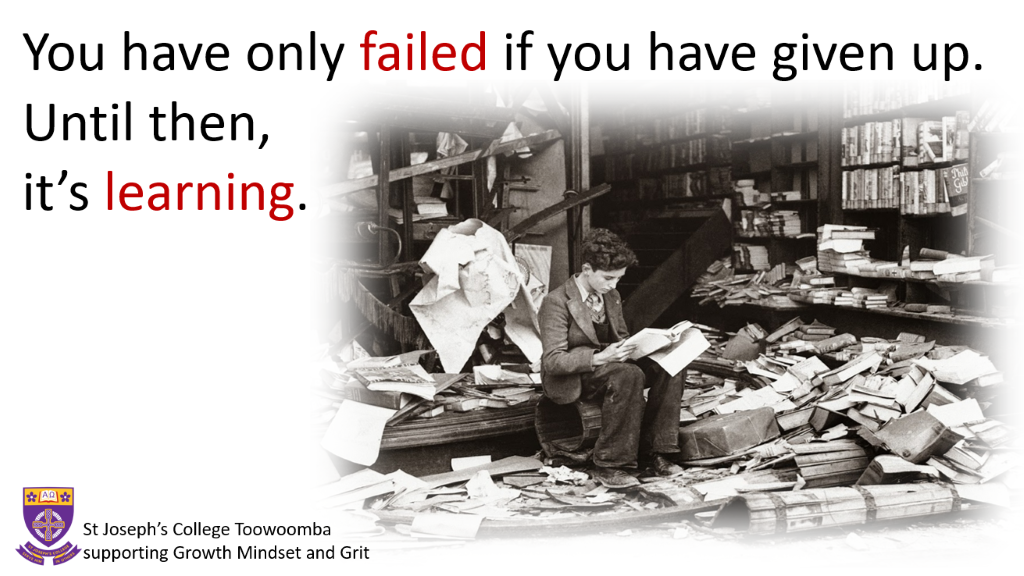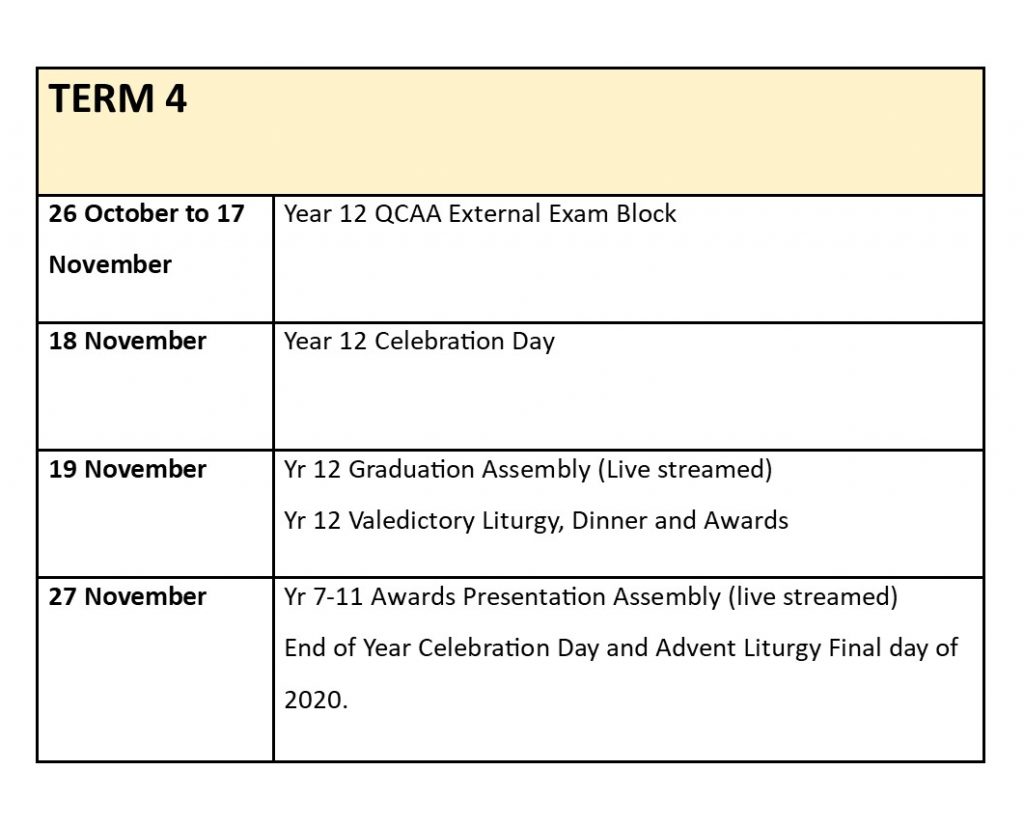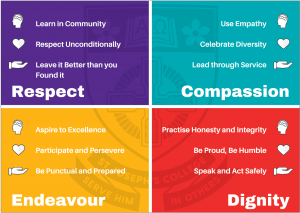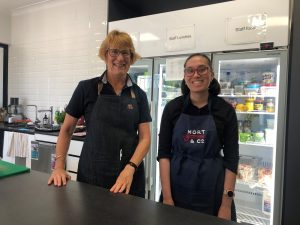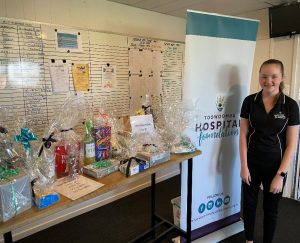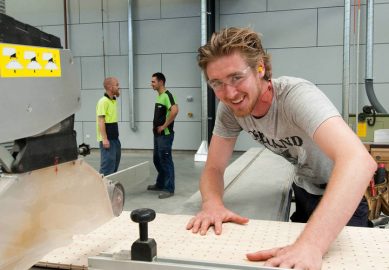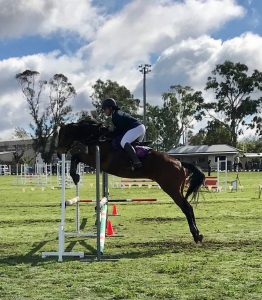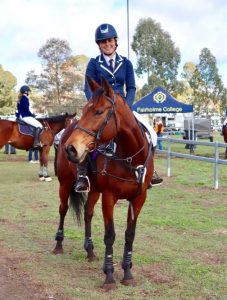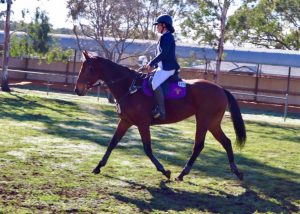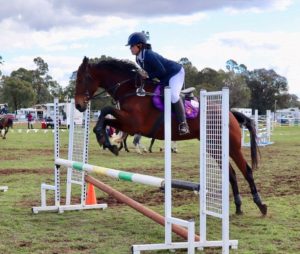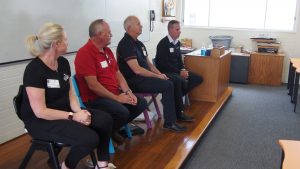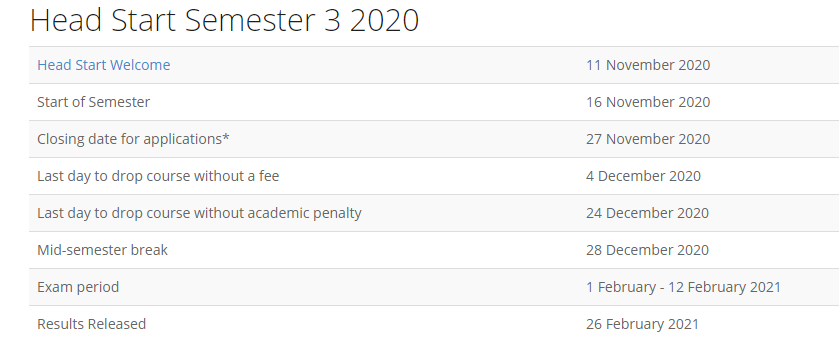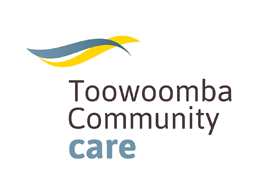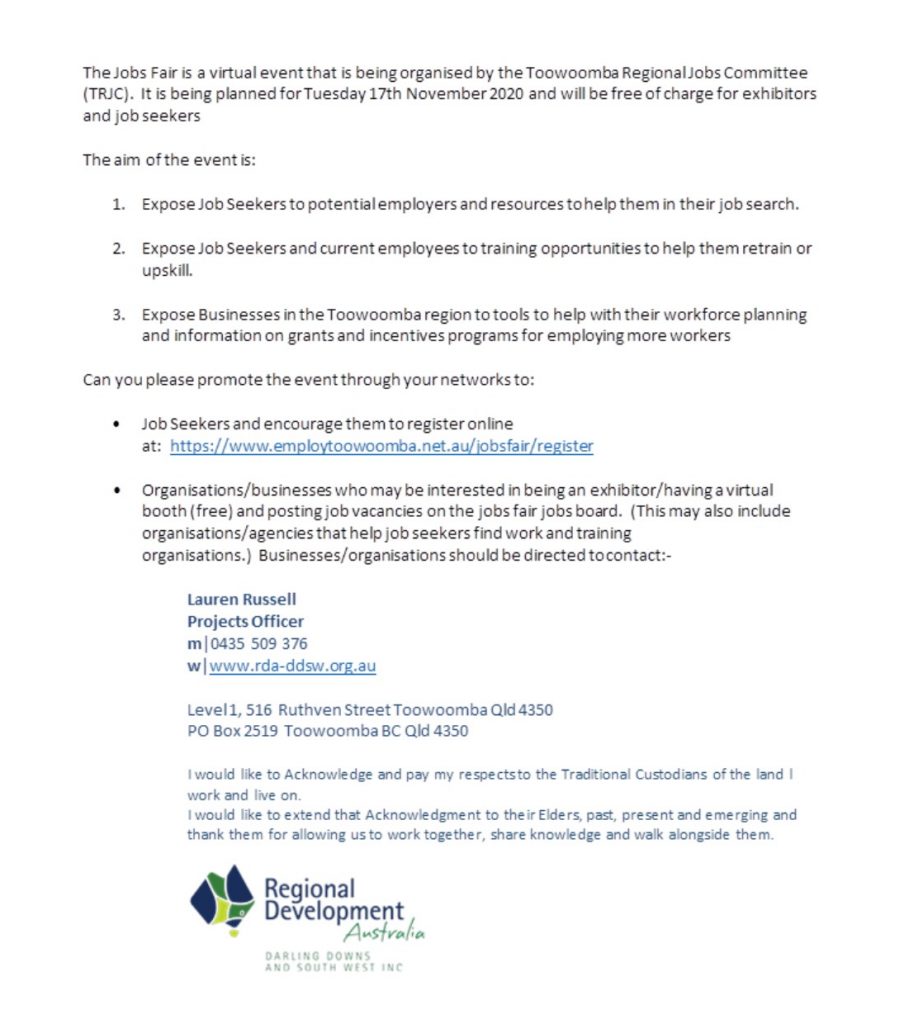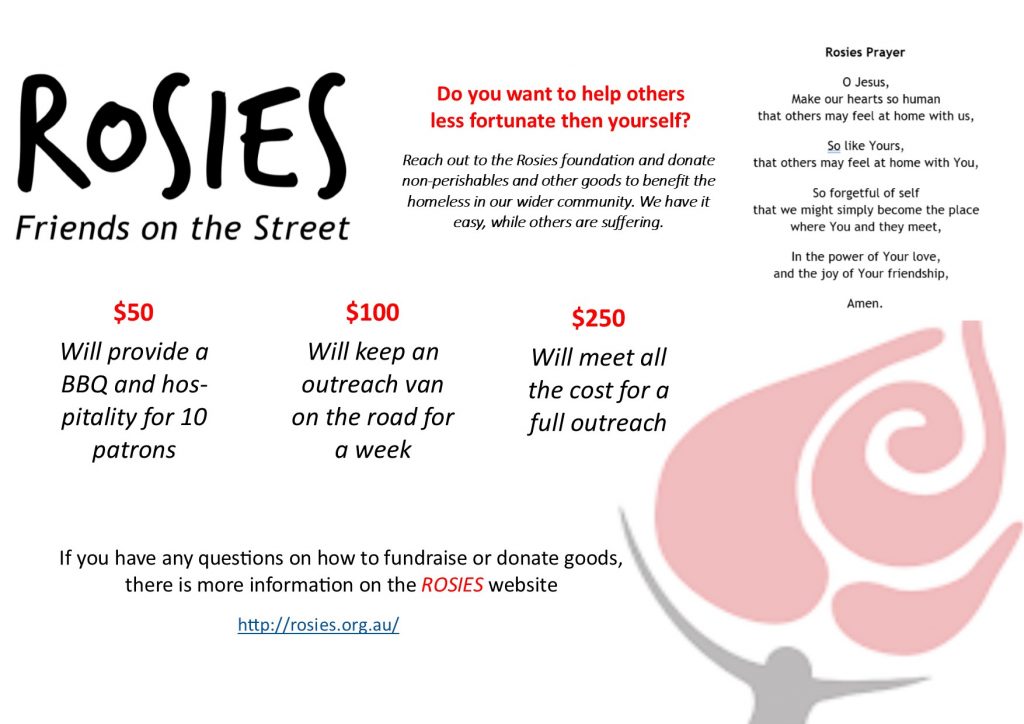Students Striving for Success
As the year draws to an end and our students are busily working to finalise assignments and prepare for exams, it would seem an appropriate time to remind all the students that striving for success requires the application of a growth mindset philosophy combined with persistence.
At each of the enrolment interviews that I conduct with our incoming students I have been speaking with the them about their mindsets towards their learning. The great majority of the students clearly explain to me what a growth mindset involves. This is great news for our future cohorts and a big pat on the back of our feeder schools which are doing such a great job in teaching students how to learn.
We then speak about the language and mindsets that students adapt when faced with a challenge. We discuss how it is ok and important to acknowledge when tasks look difficult or challenging in both word and action. By word we mean verbally saying, ‘this looks hard or difficult,’ but then after we acknowledge that it is challenging, we get over it and get on with the action of striving to do our best. The point of verbalising the perceived difficultness of the task is to stop us from continuing to labour on the point that something is difficult. If we don’t, then we eventually erode any confidence that we may have had in our ability to complete the task because we repeat our negative thoughts over and over in our heads.
However, when reflecting upon the growth mindset it becomes plainly obvious that if you are going to succeed with implementing a growth mindset into your everyday actions then words are only part of the solution, you also require a large degree of persistence. Persistence is defined by the Oxford Dictionary as “the fact of continuing in an opinion or course of action in spite of difficulty or opposition.” For lots of our students this application to continue with their study when they are having trouble often seems impossible and the student’s level of maturity or motivation for striving to do their best can also be debilitating factors.
As parents we can assist our children with developing a growth mindset and persistence by not letting them say I can’t do that, but rather verbalise the difficulty. We should then encourage our children to look for parts of the problem that they can do to lift their confidence. We should then encourage the student to identity what they need to learn in order to complete what they don’t understand. We can also encourage them to work in short sessions applying themselves to the best of their ability. If a student becomes frustrated and irritated, we can suggest that they take a small break, get something to eat or drink, go and do something physical or do a task that they are familiar with and will experience success before returning to try again. These are just a couple of little strategies that can help to promote the development of persistence.
Dear Lord
I come before you requesting assistance in my life.
Life gets hectic at school, at work and at home.
My thoughts are being consumed with all the tasks I have to complete;
today, tomorrow, for the week and even the months to come.
Help me to be persistent in my efforts to achieve to the best of my ability.
We ask this prayer through Christ our Lord.
Amen
St Joseph’s College 2021 – ‘The Joey’s Way, Timetable Changes and Enrichment Program’
At St Joseph’s College, we are committed to the holistic development of our young people so that they can pursue the Catholic Tradition of Scholarship and strive to achieve to their potential. Earlier this week a letter was sent to all 2021 families via a broadcast and in hardcopy in the mail outlining how we will be engaging with three new student focused initiatives from the beginning of 2021. I encourage all families to please ensure that they are informed by carefully reading this communication and future communication that will be distributed regarding ‘The Joeys Way,’ the Ignatius Room and other expectations, processes and procedures for 2021.
Schooltv.me – Having the Alcohol Discussion
With the impending festive season and end of school celebrations, some teenagers may be feeling ready to party, wanting to put the disruptions, frustrations and disappointments of this past year, behind them.
To ensure our young people stay safe during this time, parents and carers are encouraged to have the alcohol discussion – no matter how difficult or overwhelming it may be. It is important to outline the rules and boundaries around age-appropriate alcohol consumption and what the legal implications may be.
Young people are at greater risk of alcohol-related harm than adults because their brains continue to develop until their mid-twenties. The safest level of alcohol consumption for teenagers, is no alcohol at all, but this may be difficult to enforce and may not prevent them from experimenting. However, parents and carers can influence sensible drinking habits and help minimise the risks.
In this Special Report, a series of discussion points are offered to help make the conversation about alcohol consumption a little easier. We hope you take time to reflect on the information offered in this Special Report, and as always, we welcome your feedback.
If you do have any concerns about the wellbeing of your child, please contact the school for further information or seek medical or professional help.
Here is the link to your special report https://sjc.qld.schooltv.me/wellbeing_news/special-report-having-alcohol-discussion-au
Kort Goodman
Principal





